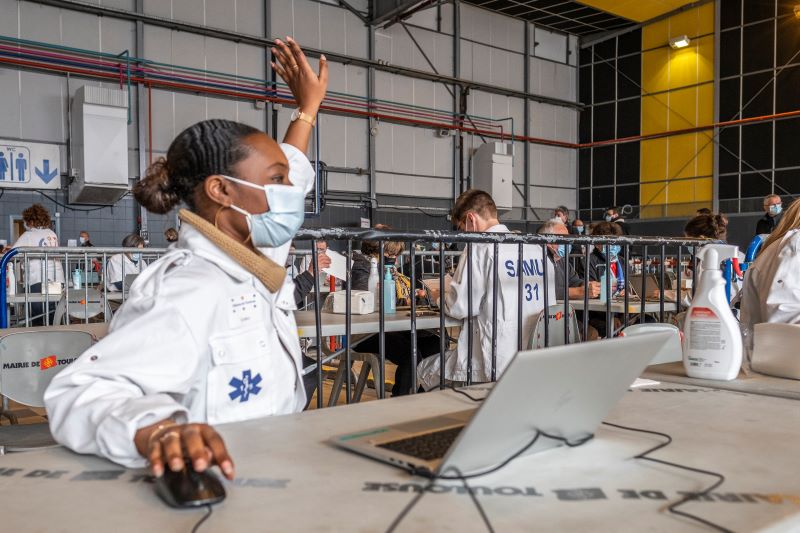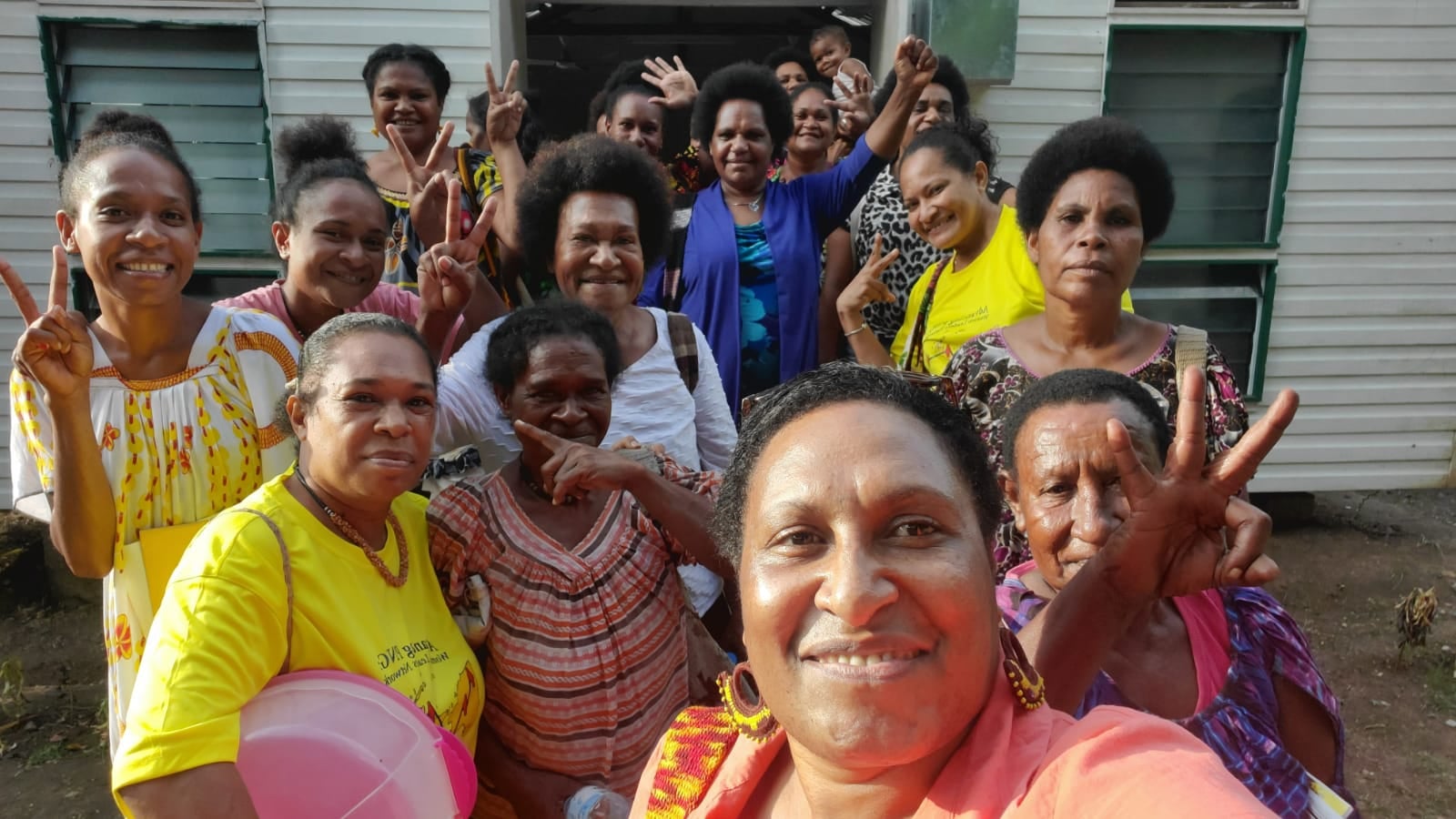Global health work is complex even at the best of times. It requires getting the right experts where they are needed most and constantly evaluating interventions to learn and adapt. When the coronavirus outbreak struck a year ago, health initiatives had to rapidly pivot. We asked GH EvaLS Technical Director Zhuzhi Moore and Dexis Professional Services President Jennifer Simancas about COVID-19’s impact on Dexis’ health-related programming.
Q: Dexis is not new to complicated logistics when it comes to mobilizing and demobilizing staff around the world. How has the movement of personnel with health expertise evolved because of the pandemic?
Jennifer Simancas: Some years back, when we were managing a large Global Health contract, we completed over 700 assignments in 80 countries. This time around, under a follow-on program, we are partnering with a firm to provide USAID with wide-ranging health and program cycle expertise, including HIV/AIDS, maternal and child health (MCH), infectious disease, project design, and supply chains. This program, called Global Health Technical Assistance and Mission Support Project (GH-TAMS), has already completed over 200 assignments in two years, many right in the midst of the pandemic. At the start of the pandemic, it was just all “go, go, go.” We were focused on ensuring our experts returned to their home base. With this level of global coverage, you can only imagine the challenge.
The extended challenge, of course, was continuing the work. We’ve had to really lean into adaptive management practices. Almost all our assignments are virtual now. We have a few blended approaches, such as pairing an international expert working remotely with a cooperating country national consultant who can travel locally, when it is safe and appropriate to do so. Understandably, infectious disease specialists and public health experts have been in high demand, especially those who have experience with diseases like SARS, Ebola, and Zika. We also support several COVID-specific assignments. We’ve placed experts in Italy—when it was the epicenter of the pandemic in Europe—and in other non-presence and presence countries. Our consultants provide activity management support for COVID grants, track COVID vaccines, and support communications and social media materials.
Q: And once those personnel are hired, how have they been able to adapt to the pandemic? Dexis was already supporting numerous health evaluations when COVID-19 emerged as a global crisis. How have these efforts had to change?
Zhuzhi Moore: The pandemic has disrupted every sector of development programming. However, when it comes to health initiatives in particular, healthcare workers need to be on the ground. But do they have the right personal protective equipment? The ability to travel?
Despite these complications, all USAID projects, especially health, need to be evaluated. That’s a mandate. Evaluations, assessments, and learning are critical elements of the global health agenda. Dexis works with ME&A, Inc. on the $39 million Global Health Evaluation and Learning Support Activity (GH EvaLS), one of the few mechanisms that supports assessments, performance and impact evaluations, and learning and adaptive management services for USAID’s Bureau of Global Health.
We’ve embraced digital best practices across all of our assignments and shifted to virtual data collection, while limiting field work and in-person interactions. For example, we’ve always had hybrid teams of international and local experts. Because of travel restrictions, we’ve had to rely on in-country staff and consultants even more.
Key informant interviews are virtual. We’re no longer doing household surveys. And we don’t hold focus groups indoors. Zoom has been good for conducting and recording virtual interviews, and the breakout rooms are useful. We also conduct interviews by phone, which is particularly important in low-bandwidth areas.
On those occasions when in-person visits are needed, such as to a health ministry, we take necessary precautions. Our teams are made up of healthcare professionals who always follow strict social distancing and safety guidelines. We’ve made it work.
Q: There seems to be real opportunity to harness Dexis’ expertise and support these new challenges. What does the future hold for Dexis’ global health-related work?
Jennifer: We’ve been doing more domestic health work. For example, we’ve just been awarded an interesting new project involving artificial intelligence. In partnership with a small business, Dexis is supporting the U.S. Food & Drug Administration (FDA) Center for Devices and Radiological Health (CDRH). CDRH aims to develop a comprehensive Medical Data Enterprise that allows the use of artificial intelligence methods to analyze data.
Zhuzhi: Staffing health initiatives and assessing their impact was crucial even prior to COVID-19. However, with the pandemic, the importance of supporting health efforts and health systems is heightened all the more. The global community eagerly anticipates mass COVID-19 immunization. In the meantime, we will have to continue to innovate and adapt in health programming, on evaluations, personnel placement, and across all development efforts. Keeping our staff, partners, and stakeholders safe and healthy is a priority.
Zhuzhi Moore is Technical Director of the Global Health Evaluation and Learning Support Activity (GH EvaLS). Jennifer Simancas heads institutional support programs at Dexis.
Photo by Francois Laurens / Hans Lucas / Hans Lucas via AFP




